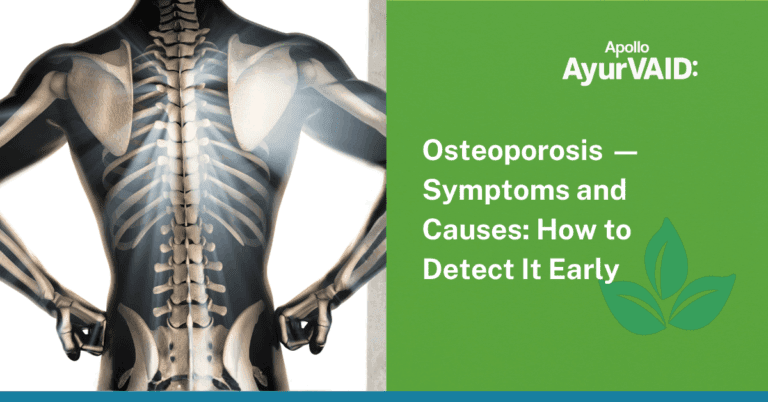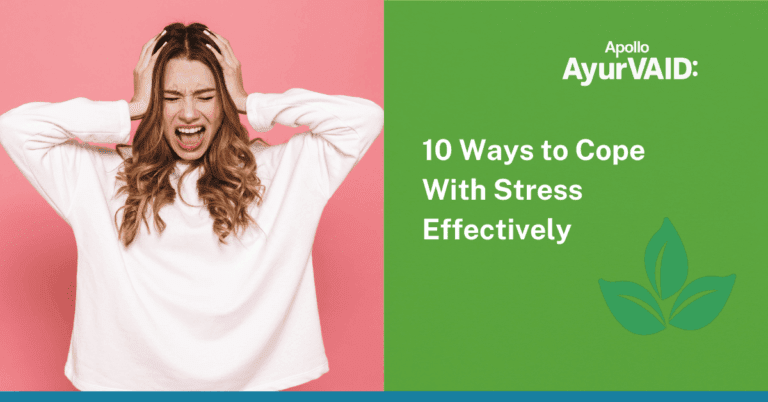Cancer research keeps evolving—new therapies, ideas, and angles are emerging. New research on cancer is also exploring lesser-known areas like immune exhaustion, inflammation, and gut health, many of which Ayurveda has addressed for centuries. Here is where Ayurveda can play a major role.
Not as an alternative, but as something worth looking at seriously. New research on cancer is paying attention to the body’s immune system, inflammation, and metabolic changes — things Ayurveda has been talking about for centuries. And that’s where things start to get interesting.
We’re not talking about a miracle cancer cure in Ayurveda. But we are talking about Ayurvedic cancer research that’s trying to understand how these two worlds might work together. Research in Ayurveda (latest studies) is showing early signs that combining the best of both systems could offer better support, not just for fighting cancer but for helping people get through it.
Let’s take a look at what’s new — and why it matters.

Rethinking What Causes Cancer
For years, the dominant narrative in cancer studies was pretty straightforward: mutations = cancer. But new research is painting a more complex picture. Scientists are realising that mutations alone aren’t enough to explain cancer’s behaviour. Research in Ayurveda (latest studies) is now focusing on how restoring metabolic balance and digestive strength could influence cancer progression. A much bigger piece of the puzzle lies in how cancer cells hijack the body’s metabolism.
One of the best examples of this is something called the Warburg effect. Cancer cells behave strangely—they prefer to use a less efficient form of energy production (glycolysis), even when there’s plenty of oxygen around. Why would they do that? Because it lets them grow fast and stay under the radar of the immune system.
Here’s where Ayurveda’s lens comes in. Ayurveda describes that diseases arise when Agni (the digestive and metabolic fire) is weak or deranged. When Agni’s off, the body produces Ama—metabolic toxins that cause Srotorodha (clog the channels) and weaken tissues. Sound familiar? It should. Ama and metabolic dysfunction are the same thing.
Inflammation: The Common Thread
There’s another big shift in how we think about cancer: chronic inflammation is now seen as a key driver, not just a side effect. The immune system gets confused—it starts sending out signals that keep tissues in constant distress. Over time, that creates the perfect microenvironment for cancer to thrive.
Ayurveda relates this to an aggravated Pitta condition, causing increased reactivity in the blood and tissues. It also connects to disturbed Rakta and Mamsa Dhatus, which relate directly to blood and muscle tissue integrity.
What’s interesting is that modern science is now digging into herbs that can reduce this chronic inflammation, many of which are Ayurveda staples. Herbal formulations with Haridra, Ashwagandha, Guduchi, and Amalaki are popping up in clinical trials and research papers, not just for cancer prevention but for managing side effects during chemotherapy and radiation. Ayurvedic cancer research is investigating these herbs not only for prevention but also for improving treatment tolerability and quality of life.
The Gut: Where Immunity (and Maybe Cancer) Begins
One of the most recently emerging and exciting areas of new research in cancer is the gut microbiome. Scientists are now fairly certain that the state of your gut bacteria can influence whether you get cancer, how fast it progresses, and how well you respond to treatment.
People with a healthy gut microbiome do better on immunotherapy. They bounce back faster from chemotherapy. They even have fewer relapses in some cases.
Ayurveda has never separated gut health from overall health. The first step in treating any disease is to assess Agni, restore digestion, and clear Ama. A lot of traditional Ayurveda therapies like Panchakarma, herbs, or specific diets, work by resetting the gut and restoring balance.
Turns out, that’s exactly what cancer patients need, too.
Immunity: Burnout, Recovery, and Rasayana
One of the trickiest parts of cancer treatment today is navigating immune exhaustion. Whether you’re on chemotherapy, radiation, or a targeted therapy, chances are your immunity takes a hit. And even newer treatments like immunotherapy can backfire if the body’s too run-down to handle them.
That’s where Ayurveda’s concept of Rasayana comes in. Rasayana isn’t just about herbs or tonics—it’s a whole approach to rejuvenation, rebuilding the Dhatus (tissues), and restoring Ojas – the essence of vitality.
Modern research is starting to catch on here. In recent clinical trials, Ashwagandha has been shown to improve white blood cell counts, boost resilience, and help reduce cancer-related fatigue. Similarly, Tinospora (Guduchi) is being studied for its ability to help patients recover faster after chemo-induced immune suppression.
Aharam Eva Aushadham - Food as Medicine
Another layer of insight: Cancer patients are often severely malnourished, not just because they lose their appetite, but because their digestion becomes inefficient and their tissues can’t absorb nutrients properly. This leads to a state called cachexia—muscle wasting, weakness, and loss of immunity. Onconutrition thus becomes an integral part of cancer survival.
In Ayurveda, this again circles back to Agni and the importance of customised diets that match a Prakriti (person’s constitution), Vikriti (current state), and digestive strength.
Ayurveda diet for cancer isn’t about superfoods or calorie counts. It’s about understanding what the body can process and how to support that. Think soft, warm, cooked meals; medicated ghee; and the gradual reintroduction of Rasayana foods that rebuild strength from the inside out.
Not Alternative—Integrative
Here’s the thing: Ayurveda doesn’t claim to “cure” cancer in the way many people might define it. And it doesn’t need to. What it can do – when practised in an evidence-based approach – is predict the risk, support the system, make conventional treatments more tolerable, and improve quality of life during rehabilitation in a way that is often not addressed.
AyurVAID’s Integrative Cancer Care is not about pushing people to ditch chemotherapy. Instead, we are working alongside oncologists, offering care that’s structured, measurable, and backed by research. It’s not just “feel-good” care. It’s making the hard parts of cancer treatment more survivable—and sometimes, more effective.
Conclusion
Modern cancer research is starting to speak a language Ayurveda has known for millennia—that disease is systemic, rooted in imbalance, and that healing requires more than just targeting the tumour. It requires restoring the ecosystem of the body. New research in cancer treatment now recognises that supporting the body’s ecosystem is as important as targeting cancer itself.
Ayurveda doesn’t claim to replace oncologists or miracle drugs. What it does offer is a whole-person approach, one that honours not just cells and genes, but energy, digestion, and the patient’s lived experience.
The science is catching up. And the future of cancer care? It may be a blend of ancient and modern medicine working together to achieve something neither could do alone, placing the patient at the centre of cancer care.







